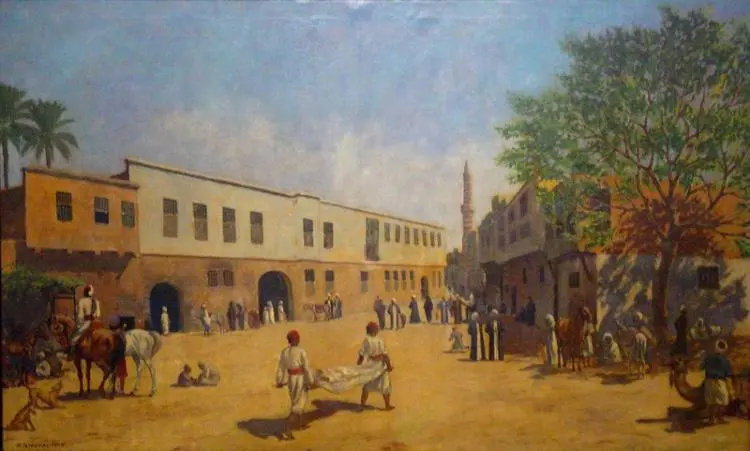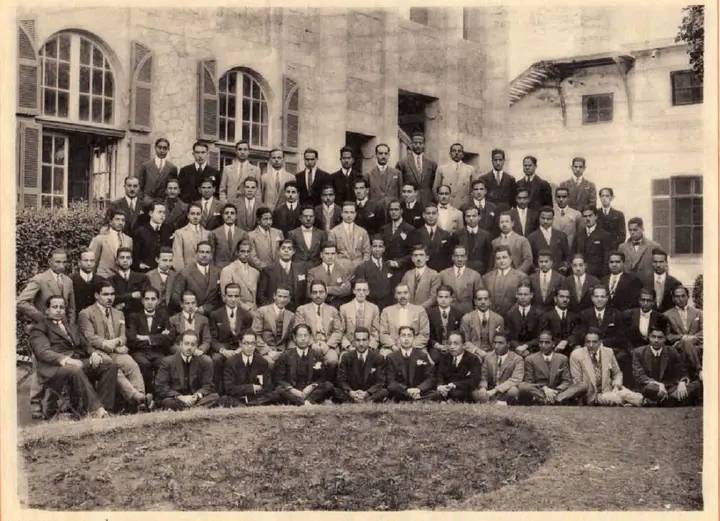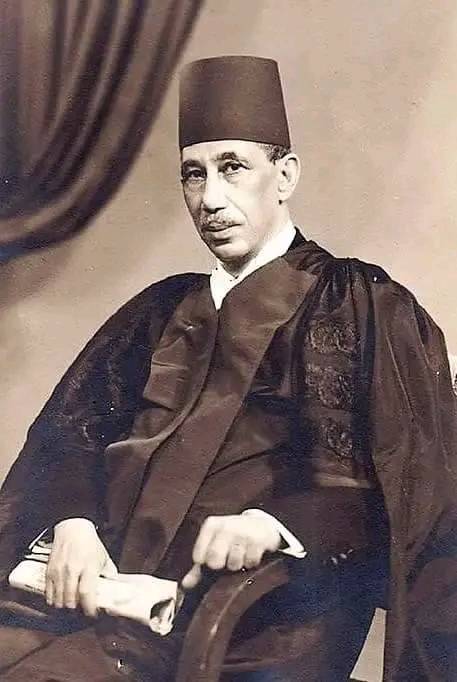197 Years of History
Kasralainy school oF Medicine Is the Earliest school of medicine in Egypt and the Middle East. it was the continuation of Abu Zaabal Military Hospital Established in 1827 by Mohamed Ali Pasha ruler of Egypt with The aid of French Doctor Antoine clot bey

It was out oF a Desire of Expansion, that the School of Medicine was Moved From Abou Zaabal to Kasralainy at 1837. This new site was preferred not only because it could accommodate 1,500 beds and 300 students, but also because it was situated in the heart of Cairo, compared to Abou Zaabal, which lies on the outskirts of the Egyptian capital. At present Kasralainy is so well known for its name. It takes its name from the influential man who built it in the 5th century as a palace to live in, Shehab Eldin Ahmed Ibn Al-Ainy. It then became a Hotel for Kings and Princes, and remained so until the French Occupation of Egypt transformed it into a Military Hospital.
The Viceroy Mohamed Aly finally granted him the handsome college of Kasraiainy It was located between Old Cairo and the populated district of Boulac, facing the splendid island of Rowdah, covered with gardens. It is to these vast buildings, that Dr. Clot Bey transferred the School and hospital of Abu Zaabal in the winter of 1837.
The new hospital was set up to accommodate one Thousand five Hundred patients as well as Three Hundred Students.


A great number of students that had entered the school later bore the fruit of their learning to various countries of the East. In Kasralainy, they found a rich library, a museum for natural history, and laboratories for physics and chemistry. The hospital, equipped with its dormitories and refectories, was like the best Hospitals of Europe. Kasralainy joined Cairo University with its establishment in 1908 as Faculty of Medicine.
Dr. Ali Pasha Ibrahim was the first Egyptian Dean of the school and a great surgeon that dreamt of further expansion of the school on Al Rowda Island opposite to Al Ainy Palace and convinced King Fouad I to grant him the land on which he was building a palace for his son Prince Farouk. And despite the global economic depression at that time, he was granted the funds to build one of the largest hospitals in the world thanks to his great advocacy.

